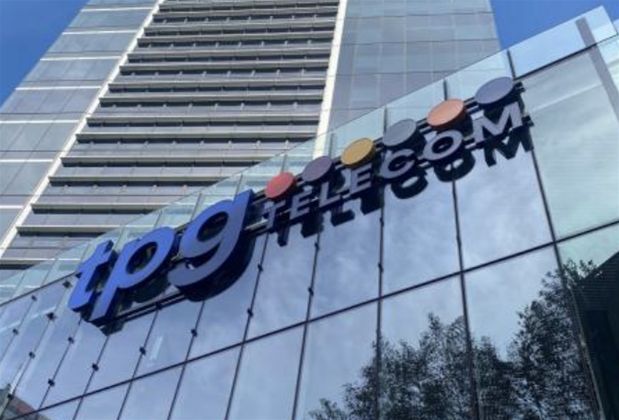TPG Telecom has suggested collapsing all NBN residential speed tiers of 100Mbps and above into a single ‘best you can get’ product.

The telco said in a regulatory submission [pdf] that there are “too many products and speed tiers” on the NBN, arguing the product lineup is ripe for simplification.
“It is complicated to manage the menu of NBN products and it makes the purchasing difficult for customers to decide,” TPG Telecom said.
“This is compounded by the fact that NBN Co cannot deliver the speeds on the sticker of its products and rather advertises ‘speed ranges’ (i.e. the 100 Mbps wholesale product that an RSP acquires is actually a ‘25 Mbps to 100 Mbps’ product, but in every other context, NBN Co refers to that plan as a 100 Mbps’ product.)
“For example, the NBN products could be made simpler by NBN Co offering ‘best you can get’ higher end speed tiers by collapsing the 100Mbps / 250 Mbps / 1000 Mbps products into a single product and make that product more widely available for sales and marketing.”
Elsewhere in its submission, TPG Telecom argued NBN Co’s pricing and product structure had made competition in the Australian broadband market “one dimensional”.
While NBN Co heralded its pricing construct - and particularly its variable connectivity virtual circuit (CVC) bandwidth charge - as a tool for RSPs to differentiate their offerings, TPG Telecom argued the reverse was true.
“While NBN Co trumpets the level of competition in the retail market, such competition is one dimensional,” TPG Telecom said.
“There is no product innovation and there is no differentiation beyond $79/month versus $80/month (for example).
“The field of retail rivalry is dictated by NBN Co rather than market dynamics.
“This is without a doubt why one only has to squint a little to see that every popular NBN broadband product on the market looks the same or is trending that way.”
TPG Telecom - like all of the main five RSPs - wants NBN Co to simplify its pricing with a single flat wholesale fee, with no variable or usage-based component.
“The opportunity that [flat] pricing presents is that by simplifying NBN wholesale products, RSPs have the incentive to focus on what they can offer in the retail market and compete with RSPs on their merits,” TPG Telecom said.
NBN Co’s reticence to move to a flat price model came in for specific criticism.
“Until recently, a [flat] pricing construct was not something NBN Co was willing to publicly explore,” TPG Telecom noted.
“It is only with persistent regulatory pressures and after almost a decade of friction between NBN Co and RSPs over NBN Co’s pricing structure that NBN Co has finally taken its first step in a discussion about a [flat] pricing construct.”
TPG Telecom added that it “expects” NBN Co to move quickly to implement flat pricing once a new special access undertaking (SAU) is drawn up by the Australian Competition and Consumer Commission (ACCC), although that could take 18 months or more.
“At the conclusion of the SAU variation process, TPG Telecom expects a swift and permanent transition to [flat price] charging by NBN Co,” the telco said.
In the interim, TPG Telecom backed calls for interim measures that would limit RSPs’ ongoing exposure to excess CVC fees, on the assumption that the CVC construct’s days are numbered.


_(20).jpg&h=140&w=231&c=1&s=0)
.png&h=140&w=231&c=1&s=0)
_(28).jpg&h=140&w=231&c=1&s=0)




_(26).jpg&w=100&c=1&s=0)

 iTnews Executive Retreat - Security Leaders Edition
iTnews Executive Retreat - Security Leaders Edition












_(1).jpg&h=140&w=231&c=1&s=0)



